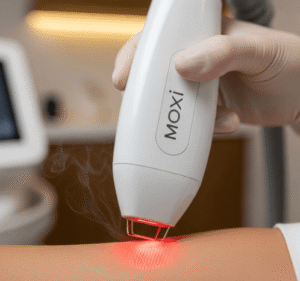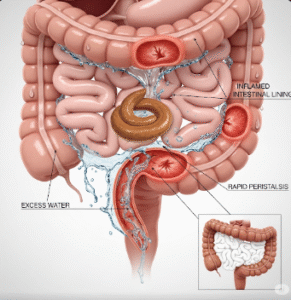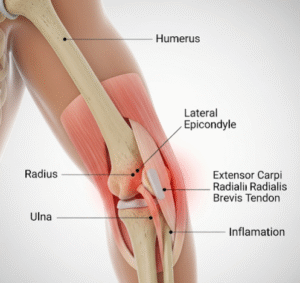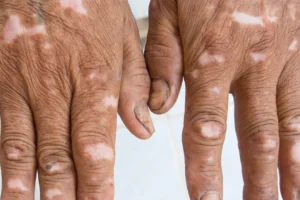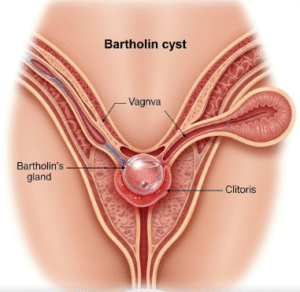Overview
Symptom-based asthma is a type of asthma diagnosis and management approach that focuses primarily on a patient’s clinical symptoms rather than relying solely on objective lung function tests. This method is particularly useful in cases where symptoms are prominent but test results are inconclusive, or in primary care settings where advanced diagnostic tools may not be available. The condition involves episodes of airway inflammation, narrowing, and hyperreactivity, leading to recurrent respiratory symptoms.
What is Symptom-Based Asthma?
Symptom-based asthma is identified and managed through an evaluation of hallmark asthma symptoms, such as wheezing, shortness of breath, chest tightness, and coughing—especially at night or early morning. While traditional asthma diagnosis often uses spirometry or peak flow measurement, symptom-based asthma management prioritizes reported symptom patterns, their frequency, and triggers. This approach requires careful assessment to differentiate asthma from other respiratory conditions.
Symptoms
- Wheezing (high-pitched whistling during breathing)
- Shortness of breath
- Chest tightness or discomfort
- Chronic cough (often worse at night or early morning)
- Fatigue during physical activity
- Symptoms triggered by allergens, cold air, or respiratory infections
Causes
- Allergic reactions to pollen, dust mites, mold, or animal dander
- Respiratory infections (viral or bacterial)
- Environmental irritants (air pollution, smoke, chemical fumes)
- Weather changes (cold or humid air)
- Physical exertion
- Genetic predisposition to asthma and atopy
Risk Factors
- Family history of asthma or allergies
- Childhood respiratory infections
- Exposure to tobacco smoke (including secondhand smoke)
- Living in urban or polluted environments
- Occupational exposure to dust, chemicals, or fumes
- Pre-existing allergic conditions (eczema, allergic rhinitis)
Complications
- Frequent asthma attacks affecting daily life
- Decreased lung function over time
- Increased risk of hospitalization for severe attacks
- Sleep disturbances due to nighttime symptoms
- Potential misdiagnosis leading to delayed treatment
- Reduced ability to participate in physical activities
Prevention
- Identify and avoid known triggers
- Maintain good indoor air quality
- Use protective masks in polluted or dusty environments
- Control allergies through medications or allergen immunotherapy
- Follow a healthy lifestyle to strengthen respiratory health
- Monitor symptoms regularly to adjust treatment promptly
Treatment Options in Korea
In Korea, symptom-based asthma management combines patient-reported symptoms with clinical judgment, often supported by basic lung function tests when available. Treatment options include:
- Inhaled corticosteroids (ICS): First-line treatment to reduce airway inflammation
- Short-acting beta-agonists (SABA): Quick-relief inhalers for acute symptoms
- Leukotriene receptor antagonists (LTRAs): Oral medications to prevent symptom flare-ups
- Allergen immunotherapy: Administered in specialized clinics for patients with allergy-related asthma
- Combination inhalers: Containing both ICS and long-acting beta-agonists (LABA) for better control
- Education programs: Korean hospitals and community centers often provide asthma management education focusing on trigger avoidance and symptom monitoring


